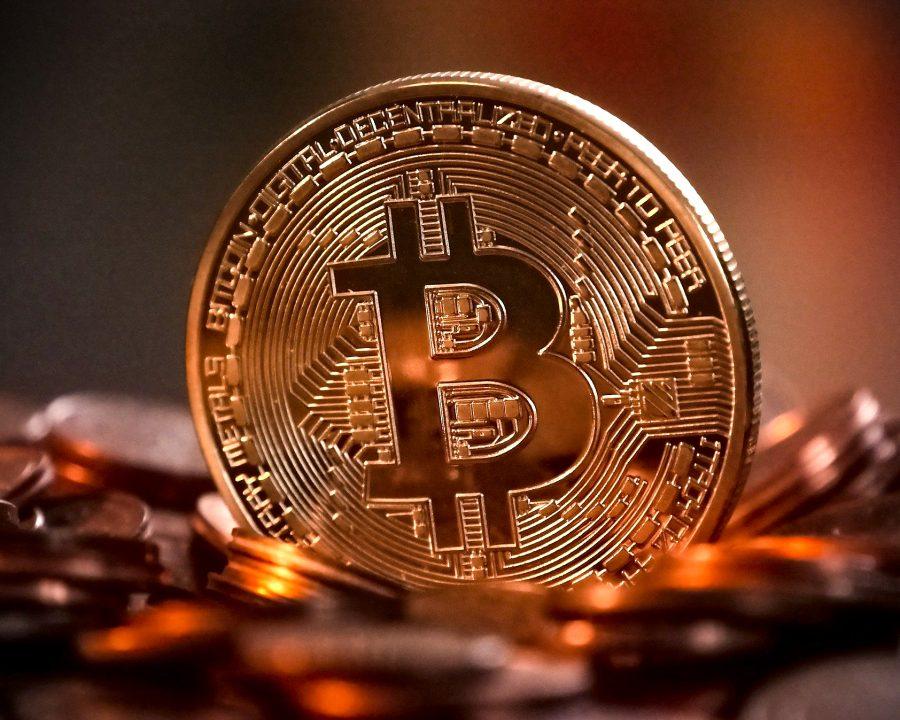Cryptocurrency, commonly referred to as just “crypto,” is the cornerstone of a new financial, economic, and social movement known as DEFI. DEFI is decentralized finance. The main concept behind DEFI and cryptocurrency is decentralizing finance so that financial power does not rest in the hands of traditional financial institutions such as big banks and stockbrokers. With DEFI, funds are exchanged on a network known as a blockchain. For a more in-depth view of DEFI, consider reading this article: https://www.coindesk.com/what-is-defi. The main cornerstone of DEFI is cryptocurrency. While cryptocurrency and DEFI are undeniably linked, cryptocurrency as a concept is easier to dive into, without going into extremely complicated computer science concepts. DEFI and cryptocurrency are the future, and it’s not a matter of “if” they become dominant forces, but rather a matter of “how soon.”
Fiat currencies, such as the United States Dollar and the European Euro, are based wholly on trust in that nation’s economy and trust that a single dollar or single euro will maintain its worth. Ancient civilizations such as the Roman Empire used a centralized currency, and paper, gold, and silver currencies have been around for thousands of years and date back to ancient Egypt and ancient China. However, in the digital age, we barely use physical cash currencies. Rather we use virtual methods of payment such as PayPal and Credit Cards. Across the United States, people have been using Apple and Google Pay to complete payments directly by pressing their phones against the pay terminal. Cryptocurrency is the next logical step in the evolution of digital finance. Financial networks such as Mastercard, Visa, and Discover charge vendors when a payment is completed on the network. DEFI completely gets rid of middle-men such as Mastercard and the credit card companies. When crypto is exchanged on the blockchain, it is completely peer-to-peer. Online payment methods such as PayPal charge fees to exchange funds on the site. As the blockchain is peer-to-peer, there are no middlemen, therefore no added fees, thereby reducing the costs of goods.
Although some may think cryptocurrency is not yet widely adopted or accepted by the public, the statistics would disagree with you. The United States currently has two major cryptocurrency exchanges. Exchanges are where people can exchange their US Dollars and Euros for cryptocurrencies. These two major exchanges are Binance and Coinbase. According to its website, Coinbase claims it has over 43 million verified users. Binance has over 15 million users worldwide. However, these are not the only exchanges, as there are many different cryptocurrency exchanges across the globe, and with these two having a combined user base of over 58 million, it is not long before cryptocurrencies across the globe see spikes in new users as distrust in traditional banking services continue to grow.
However, it is not all smooth sailing. Progressive lawmakers in the United States are already looking to regulate cryptocurrencies with proposed legislation called the “Stable Act”. (1) The government already has a monopoly on producing currency and cryptocurrency decreases the government’s ability to inflate our currency on a yearly basis. Progressives who care about low-income families should actually be major proponents of cryptocurrencies because it gets the government and big banks out of the lives of regular people. As crypto continues to surge in popularity as a result of the distrust of financial institutions following the unprecedented jump in GME stock prices—a meme-coordinated effort by the retail investors of r/wallstreetbets against short-sellers, hedge funds, and other powerful Wall Street institutions—people all over the world should be ready for the cryptocurrency revolution.
(1) https://www.forbes.com/sites/seansteinsmith/2020/12/09/cryptocurrency-legislation-is-on-the-rise–what-the-proposed-stable-act-could-mean-for-crypto/?sh=38c6445633d6





















































